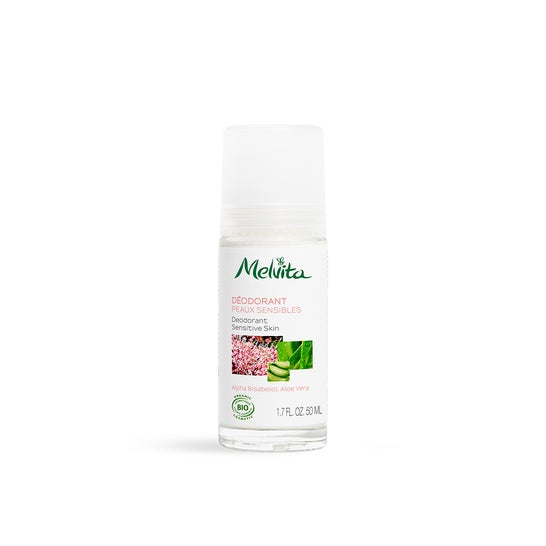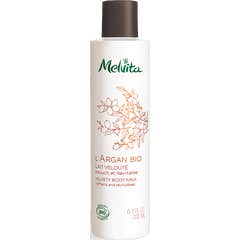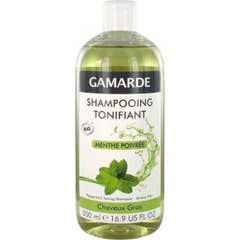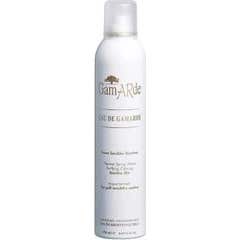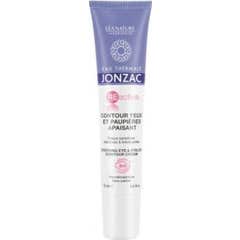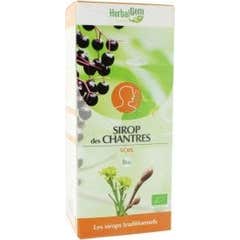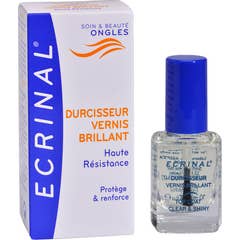Melvita sensitive skin dodorant 50 ml
Description
Composition
Aqua/Water, Aloe Barbadensis Leaf Juice*, Glycerin, Xylitol, Hordeum Vulgare Stem Water*, Caprylic/Capric Triglyceride, Triethyl Citrate, Parfum/Fragrance, Glyceryl Behenate, Silica, Salvia Officinalis (Sage) Oil, Helianthus Annuus (Sunflower) Seed Oil, Bisabolol*, Xanthan Gum, Sodium Capryloyl/Lauroyl Lacylate, Glyceryl Caprate, Behenyl Alcohol, Sodium Gluconate, Levulinic Acid, Sodium Benzoate, Sclerotium Gum, Sodium Levulinate, Glyceryl Stearate Citrate, Sodium Usnate, Tocopherol, Alcohol, Citric Acid, Potassium Sorbate. *Ingredients from Organic Farming.
Price per 100 ML
Pharmaceutical Advice
Sage (Salvia Officinalis) is a wild, aromatic Mediterranean plant that is well known for its traditional use in health care. Its active principles, such as Rosmarinus acid, are recognised by the European Pharmacopoeia and are attributed with antioxidant, digestive and antibacterial properties. It is a plant with multiple qualities which can be ingested as a dietary supplement or infused as herbal tea. It can also be used topically, in creams or lotions. Some dietary supplements for support during perimenopause and menopause contain sage extract, as it helps to mitigate hot flashes and other discomforts. Its emmenagogue properties also help regulate menstruation. In topical use, in the oral cavity (as an infusion or extract for gargling), it is anti-inflammatory and antiseptic thanks to the components of its essential oil. It helps soothe the throat and irritated oral mucosa. Sage also helps regulate digestion and is useful to relieve mild dyspepsia. Ongoing use of this plant extract, or use in high doses, should be avoided as it may have undesirable effects. Oral intake or use of sage essential oil is clearly contraindicated during pregnancy and breastfeeding. It is very important to always follow the indications and dosage indicated by the manufacturer. If in doubt, taking medication or in specific situations, it is essential to consult a healthcare professional.
Safety and product information
Safety visual aids
At this time we do not have safety images for this product, but we are working on it. We encourage you to check back later for updates. In the meantime, we recommend that you read the safety information that comes with the product before using it. If you have any questions about safety, please do not hesitate to contact us. Also, if you wish, you can also return the product by following our terms and conditions.
Manufacturer details
At the moment we do not have the manufacturer's details, but we are working to add them as soon as possible. We invite you to check back later for updates. If you have any questions, please do not hesitate to contact us, we will be happy to help you.
RELATED SEARCHES ABOUT Deodorants
New in Body care
- Organic Shop Té de Baño Flores Blooming Paradise 3x50g
- Organic Shop Té de Baño Bayas Berrylicious Adventure 3x50g
- Organic Shop Sales de Baño Minerales Mango Daiquiri Mood 500g
- Organic Shop Sales de Baño Puras Raspberry Bliss 500g
- Organic Shop Sales de Baño Naturales Piña Colada Crush 500g
- Organic Shop Sal de Baño Relajante Leche de Arroz Vegana 300g
- Organic Shop Exfoliante Corporal Glow Batido Yogur Vit C 250ml
- Organic Shop Exfoliante Azúcar Yogur Helado Arándano Coco 250ml
- Organic Shop Exfoliante Corporal de Leche Miel 250ml
- Organic Shop Exfoliante Corporal Tonificant Latte Vainilla 450ml

